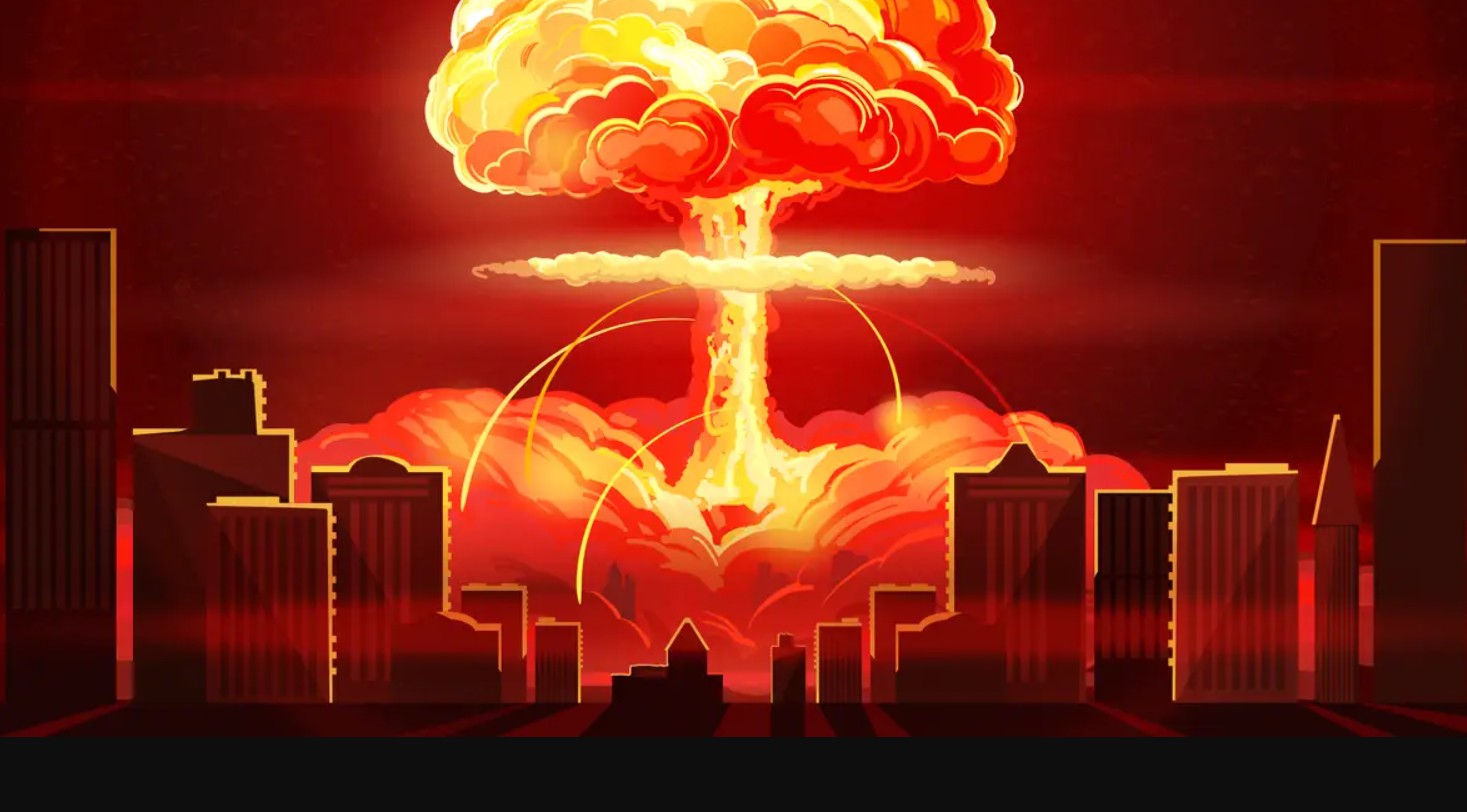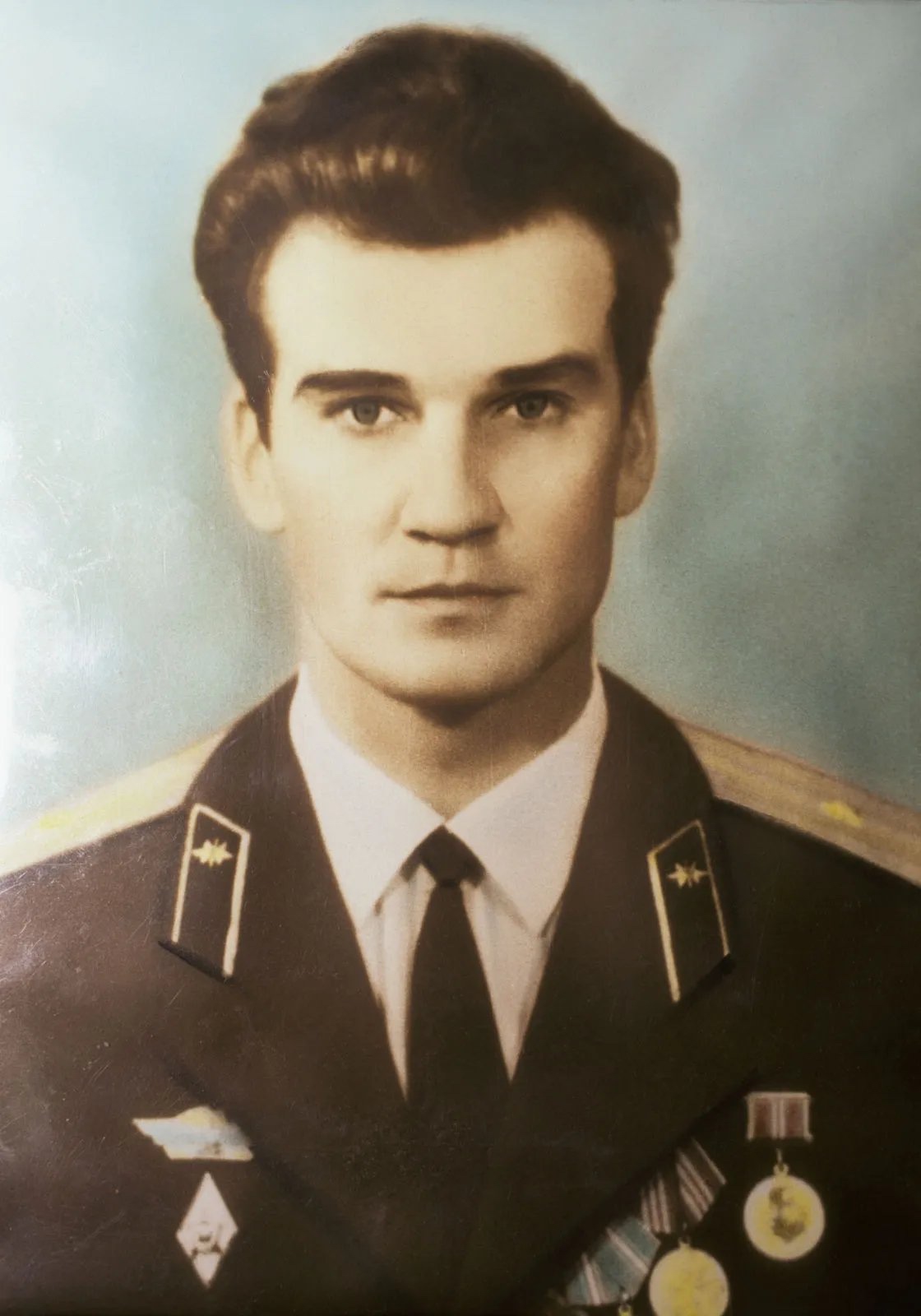Russia’s ‘Almost’ Nuke Counter-Strike: Meet The Man Who Saved The World & Averted A Nuclear War In 1980s

In the early 1980s, there was a time when tensions between the Soviet Union and the United States escalated, leading to fears of a potential nuclear crisis. More than four decades later, Russia and the US-led NATO are embroiled in tensions again, with a nuclear threat still looming large over Europe.
In a speech to the UN Security Council on September 25, 2024, Russian President Vladimir Putin warned the West that any aggression by a non-nuclear state against Russia, if supported by a nuclear power, would be viewed as a “joint attack” on the country. He further underlined that Russia has the right to protect its sovereignty by all means necessary.
In no ambiguous terms, President Putin said that nuclear retaliation would be considered “once we receive reliable information about a massive launch of air and space attack weapons and their crossing our state border. I mean strategic and tactical aircraft, cruise missiles, UAVs [unmanned aerial vehicles], hypersonic and other aircraft”.
These new conditions have essentially lowered the threshold for the use of nuclear weapons. Interestingly, these statements come as Ukraine pleads with the US and UK for long-range weapons that will allow Ukrainian forces to target Russian territory.
Putin’s recent shift in nuclear doctrine and the reduction of the nuclear threshold occurs at a time when relations between Russia and the West have reached an all-time low following the Ukraine War, arguably representing the worst state of affairs since the Cold War.
As the threat of a nuclear escalation between the two biggest nuclear powers hovers, we recall a day over four decades ago when a Soviet official, Lt-Col Stanislav Petrov, single-handedly prevented a possible nuclear confrontation between the Cold War adversaries: the United States and the former Soviet Union.
AfriPrime App link: FREE to download...
https://www.amazon.com/Africircle-AfriPrime/dp/B0D2M3F2JT
How Stanislav Petrov Averted A Nuclear Crisis?
The relationship between the US and the USSR had reached its most vulnerable and precarious point during the early 1980s. The Soviet Union, led by Yuri Andropov, and the United States, led by President Ronald Reagan, were extremely wary of each other and carried out an expansion of military might across Europe.
Tensions between the Cold War rivals escalated after Korean Air Lines Flight 007, flying from New York to Seoul, was shot down by the Soviet Air Force. The aircraft was to fly to Seoul via Anchorage, Alaska. However, the airliner made a navigational error and entered prohibited USSR airspace.
Assuming that the aircraft was on a mission for the United States, the Soviet military deployed its Su-15 Interceptor aircraft and shot the airliner down with two air-to-air missiles near Sakhalin Island in Russia, killing all 269 people onboard.
In their defense, Soviet authorities claimed that the aircraft deviated from its original course and entered Soviet airspace to gather intelligence for the US. However, they were unable to back their claims with evidence, which led to a wave of escalation between the two bitter enemies.
In response to this act, described as “barbaric” by former US President Ronald Reagan, NATO staged a series of military drills and deployed new intermediate-range ballistic missiles.
The deployment was described by the then Soviet Defense Minister Dmitry Ustinov as a “means for a first strike” and raised nuclear suspicions between the two sides that had already come close to the brink of a nuclear conflict in Cuba in 1962.
The USSR, on its part, was expecting a missile strike from the US and made preparations for launching a counterstrike.
The Soviet Union had also made significant investments in early-warning systems, like the Oko, which was meant to identify approaching missiles and provide a window of opportunity for nuclear retaliation.
Anticipating an attack, the Soviet forces were put on high alert and tasked with monitoring enemy activity.
On September 26, 1983, Stanislav Yevgrafovich Petrov, a lieutenant colonel in the Soviet Air Defense Forces, was assigned to replace a senior combat officer who was unable to fulfill his watch duty.

On that critical day, Petrov was the duty officer at the command center of the Oko nuclear early-warning system, situated in an underground bunker, where a crisis was poised to unfold.
As Petrov gazed at the monitor, a loud siren started beeping in the bunker, and his screen changed color, indicating a missile strike was imminent. More signals followed within seconds of the first, and there were indications that five missiles had been launched from a base in the United States.

Petrov, however, considered the alarm to be false. Though he was obligated to report the threat to his commanders, he decided to wait.
Petrov did not immediately escalate the matter through the chain of command, opting to wait for corroborating evidence. However, none came. Not even one missile arrived, which validated Petrov’s suspicion that the warning system was likely malfunctioning.
Subsequently, the computers identified four more missiles targeting the Soviet Union while airborne. Although Petrov lacked the means to confirm this, he was doubtful regarding the reliability of the computer system. He suspected it was malfunctioning once again.
This decision averted a nuclear war that would have broken out if Russia had carried out a retaliatory strike based on the signals. Subsequently, an investigation into the satellite warning system revealed that it had malfunctioned.
One cause of the false alarms was the rare alignment of sunlight on high-altitude clouds. The system was later fixed.
Later, taking to BBC, Petrov recalled, “All I had to do was to reach for the phone; to raise the direct line to our top commanders—but I couldn’t move. I felt like I was sitting on a hot frying pan.”
Nonetheless, Petrov’s due diligence and breaking of the protocol averted a nuclear war on September 26, 1983, 41 years ago.
AfriPrime App link: FREE to download...
- Questions and Answers
- Opinion
- Motivational and Inspiring Story
- Technology
- Live and Let live
- Focus
- Geopolitics
- Military-Arms/Equipment
- Securitate
- Economy
- Beasts of Nations
- Machine Tools-The “Mother Industry”
- Art
- Causes
- Crafts
- Dance
- Drinks
- Film/Movie
- Fitness
- Food
- Jocuri
- Gardening
- Health
- Home
- Literature
- Music
- Networking
- Alte
- Party
- Religion
- Shopping
- Sports
- Theater
- Health and Wellness
- News
- Culture

